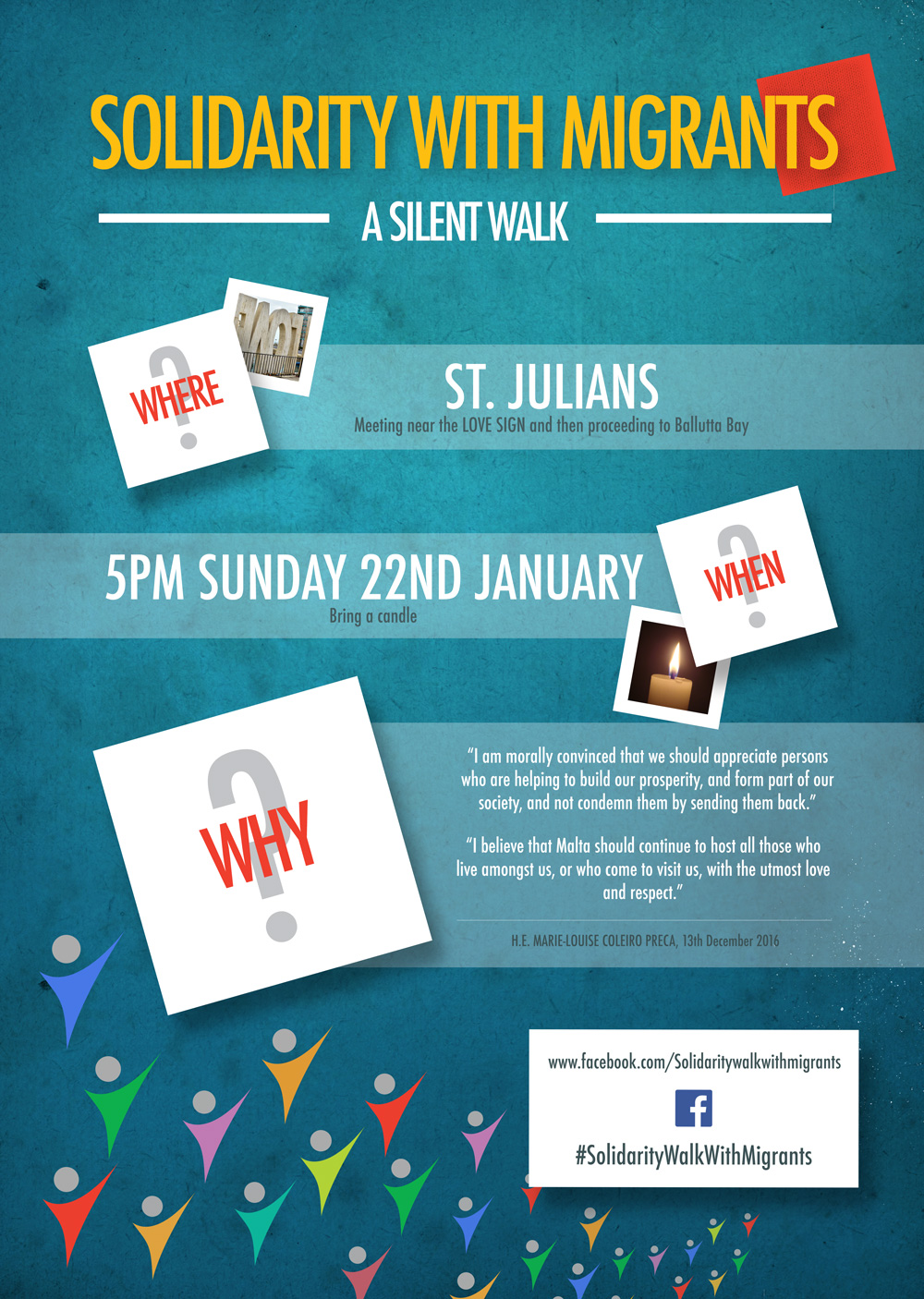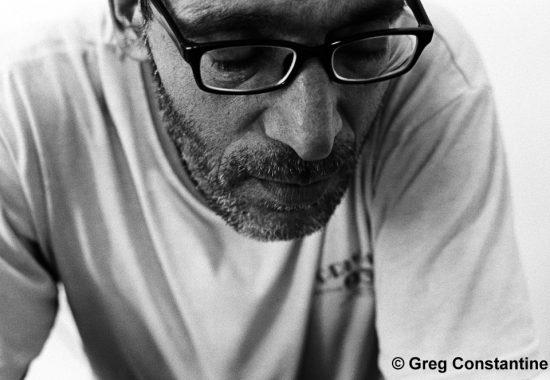Plans announced today by the Ministry of Home Affairs and National Security relating to the situation of hundreds of men, women and children constitute a regression of fundamental human rights for some, and a clear path towards destitution for most. We reiterate our appeal that migrants who are, by the State’s own admission, non-returnable through no fault of their own, be offered the possibility to regularise their status in Malta thereby acknowledging their contributions, securing a dignified life and supporting various economic sectors.
According to today’s statement by the Ministry, on 1 November 2017 all persons who so far have been enjoying THPN, a form of protection that has enabled them to live in security and relative peace of mind, will have their rights stripped off them. The many years they spent working in Malta as employees or employers, forming relationships, paying their fiscal contributions, renting homes and in many cases supporting entire communities in their countries of origin, will suddenly be erased.
The 1 November scheme will require hundreds of men, women and children to comply with requirements the Ministry knows they are unable to meet, including procurement of identification documentation and the labour market test. The Ministry knows too well that for many these requirements are simply impossible to fulfil, as several countries of origin refuse or are unable to provide these documents. Most jobs migrants currently perform would not qualify for migrant employment under the labour market test, and migrants facing particular challenges securing a job – such as women, persons with disabilities or health problems – would be more seriously affected by these plans. Furthermore, it is highly unlikely that employers would be willing to embark on this burdensome procedure, possibly opting to employ illegally instead.
In being denied access to healthcare that is beyond emergency, social support and all that is dependant on identity documentation, they will be effectively rendered destitute and subject to further exploitation and abuse. This is unacceptable, and we believe the Ministry is failing to appreciate the human, social and economic repercussions of its decisions.
During our meeting with the Ministry we shared a detailed Paper wherein we outlined our concerns and recommendations for a system that is just and humane. Our recommendations seek to meet the rights and needs of the individuals concerns, as well as the national security and economic interest.
Although so far the Ministry has excluded NGOs and affected migrant communities from this review process, we are nonetheless keen to stress our willingness to engage in consultations in a spirit of dialogue and trust. We hope the Ministry will accept our invitation, and listen to the voices of the communities it seeks to regulate through its plans.
_____________________________________________________________
aditus foundation, The Critical Institute, Foundation for Shelter and Support to Migrants, Gender Liberation, Integra Foundation, International Association for Refugees, JRS Malta, Malta Emigrants’ Commission, MGRM, Malta Humanist Association, Migrant Women Association Malta, Moroccan Community in Malta, Moviment Graffitti, Organisation for Friendship in Diversity, the People for Change Foundation, the Platform of Human Rights Organisations in Malta, SOS Malta, Spark 15.


